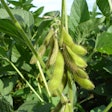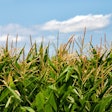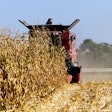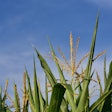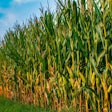
The Foundation for Food & Agriculture Research (FFAR) has awarded a $809,879 grant to the National Agricultural Research Organization (NARO) to develop sorghum varieties better suited for arid conditions in Africa. With matching funds from NARO and the International Maize and Wheat Improvement Centre (CIMMYT), the total investment in this initiative amounts to $1.6 million.
The project focuses on enhancing the nutritional value of sorghum—a key crop for both human consumption and livestock feed in Africa. Despite its resilience to harsh growing conditions, traditional sorghum varieties are high in antinutrients that inhibit the absorption of vital nutrients such as iron and zinc.
Dr. Scovia Adikini, leading the research at NARO, is working on increasing the bioavailability of these nutrients while reducing harmful antinutrients like hydrogen cyanide in the plant's stalks and leaves. This dual approach aims to improve the overall health of both humans and livestock, addressing chronic malnutrition issues prevalent in East Africa’s dry regions.
"Sorghum is a staple for many of our communities, but its potential has been limited by its nutritional composition," said Dr. Adikini. "By developing new varieties that offer higher levels of essential micronutrients and safer forage options, we can significantly enhance food security and livelihoods across sub-Saharan Africa."
FFAR's Scientific Program Director, Dr. Constance Gewa, emphasized the global implications of this research, stating, "Improving the nutritional quality of crops like sorghum that thrive in arid areas not only secures food for those most vulnerable but also diversifies agriculture globally, promoting sustainability and resilience against climate change."
This initiative represents a major step forward in agricultural science for developing regions, potentially leading to broader adoption of nutritionally enhanced crops that support healthier communities and ecosystems.









